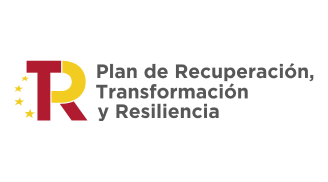Adopting Deep Tech in SMEs via Open Innovation: Pains and Routes
- Transversal services
- Thursday, 29 February 2024 4:00 p.m. - 5:00 p.m.
- Free

The flow of capital to deep-tech startups is rapidly becoming a torrent. Since 2016, annual investments in startups focused on commercializing emerging technologies such as biotechnology, robotics, and quantum computing grew in value from $15 billion to more than $60 billion worldwide, with the average private investment more than tripling in size. Deep-tech corporate venturing (CV) — the second-largest source of this funding — grew from $5.1 billion in 2016 to $18.3 billion in 2020.
The intent behind these deep-tech corporate investments is clear. In theory, deep-tech CV enables companies to quickly gain expertise in leading-edge technologies and pursue potentially disruptive innovations without building internal capabilities from scratch. In reality, however, such funding can come with high hurdles, such as time-to-market durations that often exceed five years, and the greater risk inherent to novel and complex technologies. The difficulties are underscored by an analysis we conducted that revealed that 68.9% of the initiatives failed to deliver their expected results.
How small and medium-sized businesses (SMEs) can better adopt emerging technologies by innovating with startups? This webinar will shed light on:
- How to better identify, collaborate, and integrate value from these emerging technologies via open innovation?
- What are some of the biggest challenges in this adoption and how to tackle them?
- Some of the forthcoming trends and opportunities in this field
The webinar will be led by Josemaria Siota, Executive Director at the IESE’s Entrepreneurship and Innovation Center. Josemaria has been designated Expert on Corporate Venturing at the European Commission, and is a member of the World Economic Forum’s Expert Network. He leads cutting-edge research on open innovation, corporate venturing, and technology transfer, working around the world with successful Chief Innovation Officers and top-tier academics, to create a positive impact in society.
-
The session will be in English and organized as part of the private-public consortium DIH4CAT, in which IESE partners with ACCIÓ, CTTI, EUT, CVC-CERCA, I2CAT, UPC, BSC, ICFO, LEITAT, FOMENT, and PIMEC. DIH4CAT is a project funded by the European Union Digital Europe Programme.



















